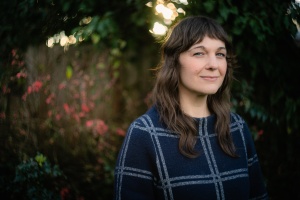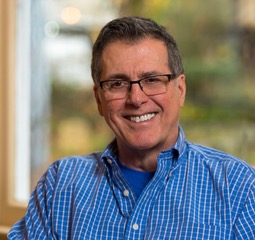Writing Fellows
Writing Fellows offer workshops in fiction, memoir, creative nonfiction, or poetry, as well as in general literary subjects such as publishing or literature. These fellows bring fresh perspectives and special energy to Attic workshops, and give you an opportunity to work closely with some of the best up-and-coming writers in the Northwest as you broaden your literary community, as well.
Meet the Attic Institute of Arts and Letters' Writing Fellows









